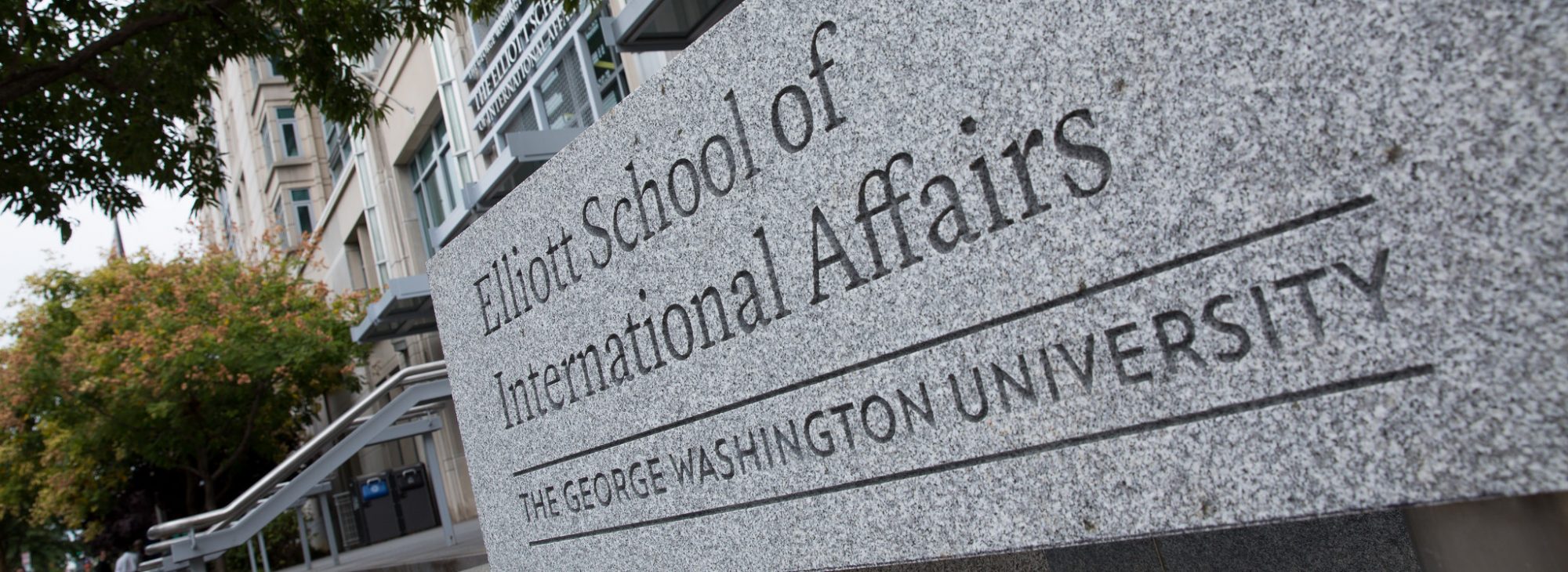For students planning to graduate in fall 2015 or spring 2016, there are a few things you can begin thinking about that will make wrapping up your program go smoothly.
- Update your plan of study: When your advisor reviews your record to see if you've met all of your program requirements, we will also use your plan of study to look for content approval from your program director. Updating your plan of study to match the courses you've actually taken makes this process quicker. If you update your plan after finalizing registration for the courses you will take in your last semester, chances are you'll get the approved form back faster than if you wait until the end of the semester.
- Contact your advisor to discuss your degree progress: If you have any questions or concerns about whether you are on track to meet your degree requirements, please contact your academic advisor as soon as possible. Your advisor can help you review your requirements and develop a plan to complete them.
- Apply for graduation immediately after registering for your final term. If you wait to apply, there is a chance you may forget to apply and miss the deadline. The Registrar's office assesses a late application fee, which advisors cannot waive.
- If you have completed all of your coursework, but are still working on meeting a requirement (i.e. language proficiency, finishing your thesis, etc.) you'll need to request Continuous Enrollment in order to remain an active student and be eligible for graduation. Once Continuous Enrollment is added to your record you will be able to apply for graduation using the online application.
- Keep track of any study abroad or transfer credits that need to be posted on your transcript. If these credits are approved on your plan of study to count toward degree requirements, they still need to be approved and deemed eligible to transfer. This process can take time, and if you need the credits to meet your program's requirements you won't be able to graduate before they're approved and posted.
- Resolve any incompletes on your record. Students with incomplete (I) or in-progress (IPG) courses cannot be cleared for graduation.

